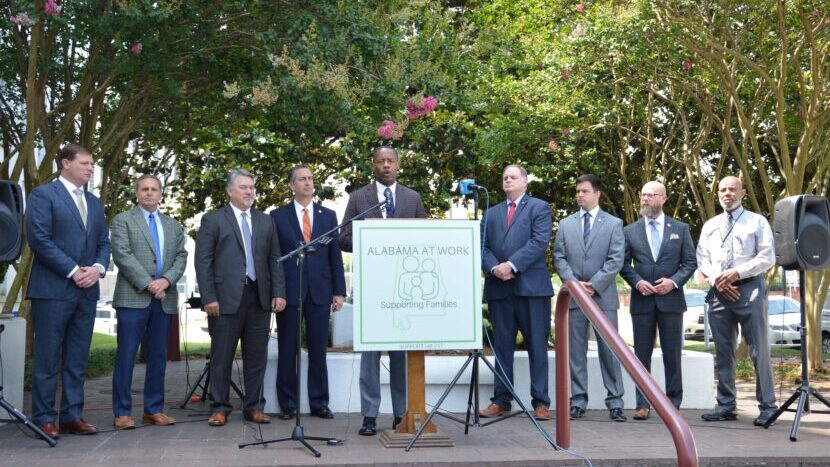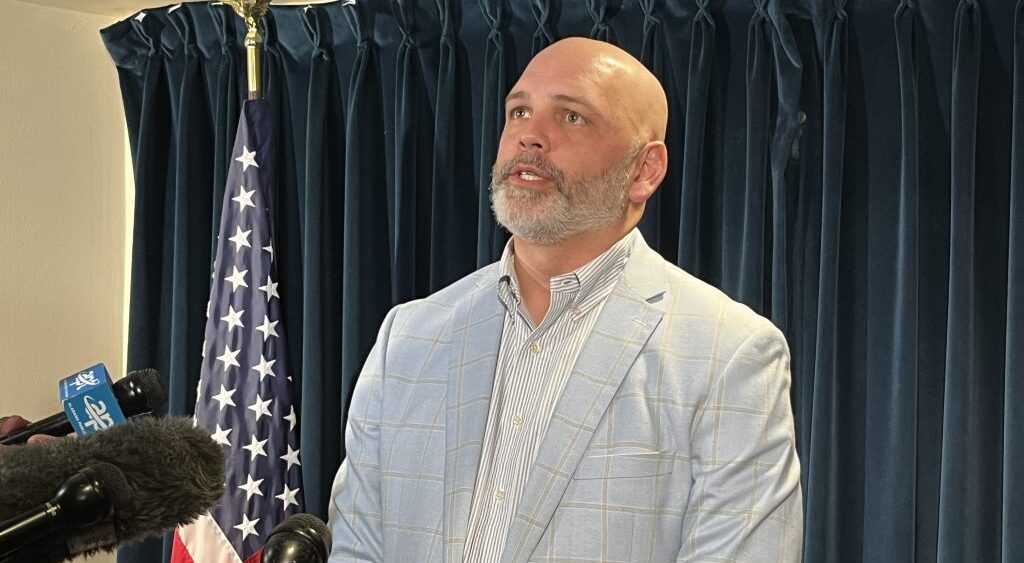Exempting hourly workers’ overtime pay from state income tax this year will cost significantly more than early estimates predicted, but lawmakers say they knew those rough calculations in 2023 came with a big asterisk.
Last week, ADN reported that the tax cut that started in January was worth an estimated $230.7 million through September, according to a recent report by the Alabama Department of Revenue. Estimates on the 2023 bill as signed into law by Gov. Kay Ivey put the impact on state revenues at just $34 million for fiscal 2024 and a minimum of $34 million for fiscal 2025.
“(The Legislative Services Agency) told us after their conversations with the Alabama Department of Revenue that their projections on the impact of the tax exemption would be nothing more than an educated guess,” Sen. Arthur Orr, R-Decatur, told Alabama Daily News recently. “That was because this had never been done before and they did not have a good data set upon which to make a reliable estimate.”
Unique circumstance
Rep. Danny Garrett, R-Trussville, told ADN lawmakers have been surprised by the revenue loss, but there was a lack of available data on which to build estimates. He and Orr agreed this was a unique circumstance.
“Typically, what happens when we have a tax credit, tax deduction or tax exemption is we get a fiscal note from the fiscal office and they calculate or estimate what they think the impact of that change would be,” Garrett told Alabama Daily News. “Now, this was a little unique in that, normally they have a database that they can base their calculations upon. In this case, no one was reporting overtime hours. So they were trying to make determinations on something they didn’t have any data on.
“… We were the first state to do this. The federal government doesn’t do this.”
The exemption will expire in June and lawmakers have to decide in the upcoming legislative session if they’ll extend it. Rep. Anthony Daniels, D-Huntsville, who sponsored the 2023 bill that garnered widespread support on both sides of the aisle, has said he’ll file a bill to renew the cut.
“I certainly cannot blame the fiscal office because they warned the Legislature,” Orr said about the revenue loss. “That’s the reason I thought putting a cap on the impact would be the most prudent course of action until we had better information on which to make sound decisions.”
Orr amended the legislation to cap its impact at $25 million per year and sunset it at the end of 2026. Ivey removed that cap in an executive amendment. She also reduced the time before the tax cut is sunset, ending it June 30, 2025.
“We were not in favor of a cap on the program because it could not be administered,” Ivey spokeswoman Gina Maiola told ADN on Thursday. “For example, how would employers know the exemption cap had been reached? Given that overtime was not historically captured, it would be difficult to predict the impacts of the bill.
“The upcoming sunset responsibly allows the Legislature to evaluate the effectiveness of the tax cut.”
Garrett agreed that a cap would be problematic to implement.
“But we know how overtime is being used by employers and we can now make decisions based on that,” he said.
Two months into fiscal 2025, revenues to the Education Trust Fund are down more than 5%. The largest decrease is in income tax revenues.
EDITOR’S NOTE — This story was written by Mary Sell and originally published by Alabama Daily News. It is reprinted with permission.






Share with others: